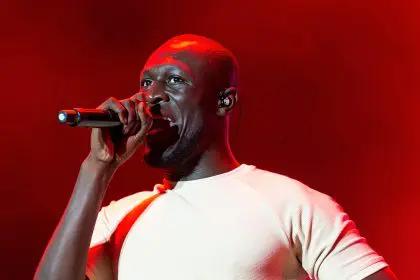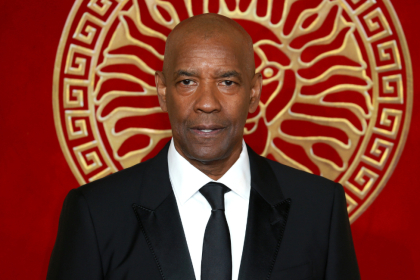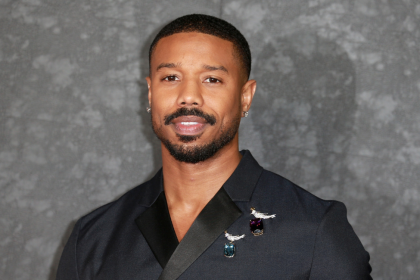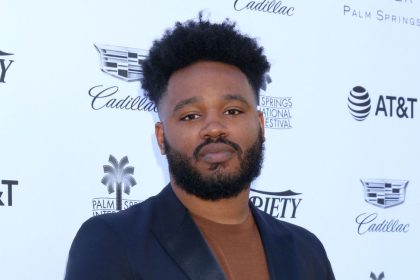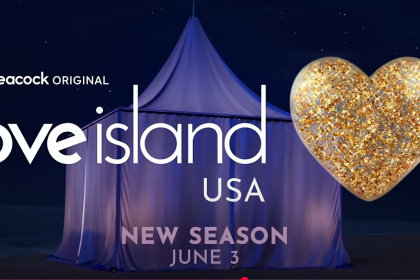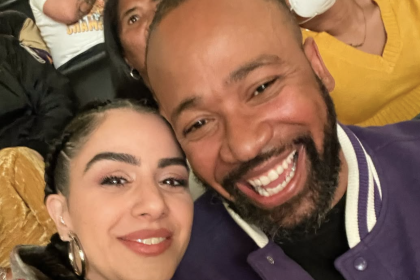
Recently, Variety published a jaw-dropping report revealing what Black stars from hit shows like “Empire” ($175K per episode) and “Black-ish” ($80K per episode) earn in comparison to the salaries earned by White stars on “Modern Family” ($250K per episode) and “Grey’s Anatomy” ($400K per episode). The controversial pay gap in Hollywood has been a topic of discussion for over 20 years, but this latest report was a serious wake-up call and exposes a deeper level of both racism and sexism in the industry.
Respected entertainment attorney Leron Rogers, known for repping clients such as Vibe magazine, UPS, Uptown magazine, Steve Harvey, Oscar-winning actress Mo’Nique, Rick Ross, Rich Homie Quan, Jagged Edge, multiplatinum R&B group Silk, Plies, DMX, Q. Parker (112), Erick Sermon (EPMD), Professor Griff (Public Enemy) Dead Prez and Lil Scrappy, among others, spoke with rolling out recently to weigh in on the matter.
The 36th Annual BESLA (Black Entertainment and Sports Lawyers Association) Conference is taking place Oct. 19 -23 in Los Cabos, Mexico, and Rogers is a proud board member and will be discussing the pay gap further will several industry professionals. Check out a recap of his interview below.
How do the negotiations work when determining actors’ salaries?
Essentially talent is contacted about the audition for roles. Once they secure the role and narrow it down to the person that they want, they will enter into negotiations and receive an offer. They will go back and forth about what the compensation will be. Each production has a top tier talent budget, a middle tier and one that’s below the line that they will have for everyone else in that category. Many times, they will have several people in mind for each key role sort of like a wish list and for some of the top tier talent they will know what that will cost. They are simply looking for talent that’s within their budget.
What are the determining factors that play a key role in how the talent gets paid? Do the executives base the pay for the current project on how much was made from the last feature?
The actor will generally have a quote for the movie. His agent is the person that will handle that initial communication and then give them the quote. A studio will call and ask for the quote. Generally, that’s how it works for a big project but depending on if the actor has something that he’s developing or has some affiliation with them, he may deviate from that. In general, most talent has a quote.
What are some of the differences in terms of what’s discussed when a client is a female versus a male actor?
I think in terms of determining what is equal pay or fair pay or however you want to determine the pay gap between gender or Whites and Browns, what you need to realize is that in order to move into a certain category it’s about leverage and opportunity. That is sometimes colorblind, but the opportunity isn’t. On the leverage side, if you go back to Denzel Washington, he has leverage. He is a well-known actor who can command what he wants, pick the scripts that he wants and the projects that he wants to work on. The key is to figure out how to create leverage. In order to create leverage, you need an opportunity to audition for roles that show your skills. For instance, every superstar actor has been in a flopped project, but there are certain actors and actresses that keep getting auditions for new film projects and others that don’t. Brown actors have fewer roles to audition for causing less opportunity to show their skills so therein lies the problem because they can’t create the leverage that they need in order to maximize the money on the next project.
Is this a violation of the California Fair Pay Act?
It’s a difficult thing. It’s difficult to compare apples to oranges sometimes. It’s not as clean as you would think that it is. Going back to why these executives are not creating diverse content. I think those that have the ability to create diverse content like an Oprah, Tyler Perry or a Shonda Rhimes but outside of that who can create the diverse content, get financed then promote those projects properly so that they can have commercial success. There are diverse projects that get done but many times they can’t get distribution. Sometimes they can get distribution but they can’t get the film houses to adequately promote it so they lose. You have to have a trifecta in order to have commercial success.
How do we tackle this issue behinds the scenes in the industry?
Executives who have roles available need to be educated on how diverse casts can make film projects better and more money but then have the success of Shonda Rhimes. How do we get 10 more writers like that? How do we create that pipeline? How do we get 10 more Charles Kings to not just be at William Morris but to be at CAA and all the other talent agencies so now we have a real voice at the table when you’re looking at talent deals because that’s where it is. You need an advocate in order to determine when you have the leverage.

